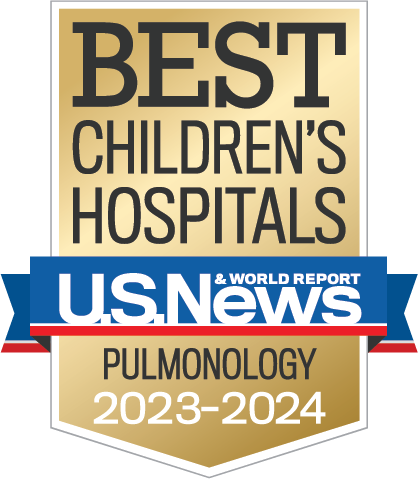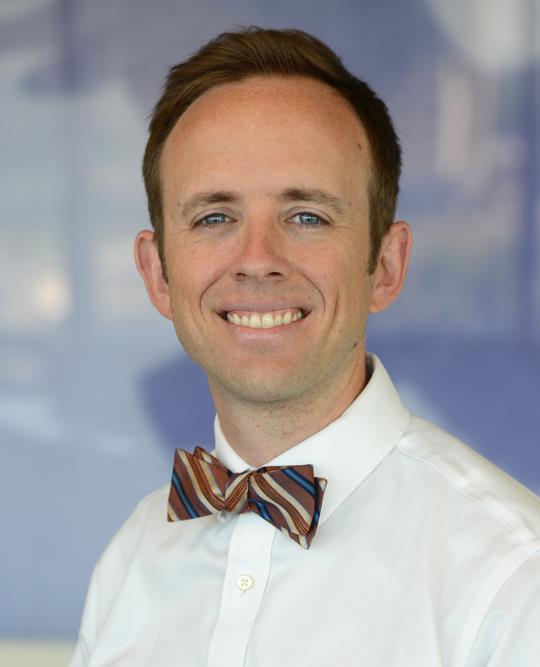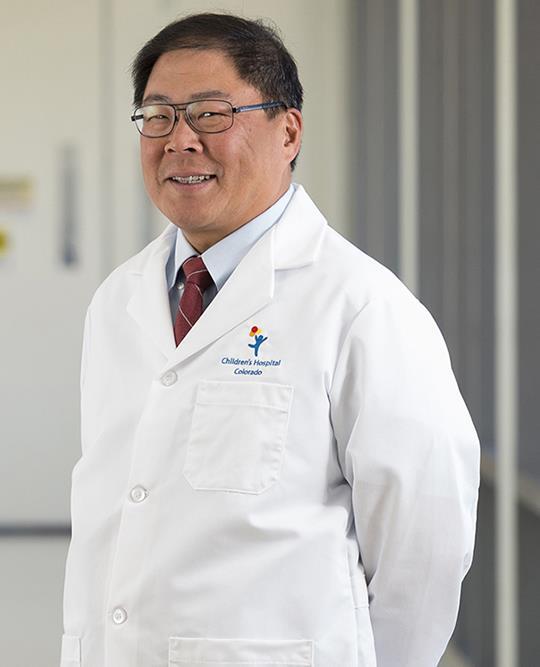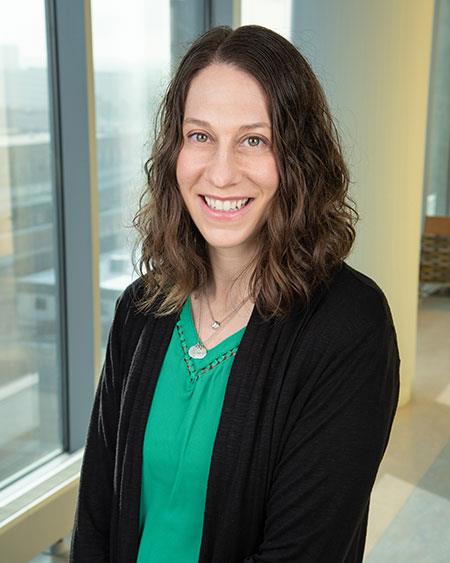- Doctors & Departments
-
Conditions & Advice
- Overview
- Conditions and Symptoms
- ¿Está enfermo su hijo?
- Parent Resources
- The Connection Journey
- Calma Un Bebé Que Llora
- Sports Articles
- Dosage Tables
- Baby Guide
-
Your Visit
- Overview
- Prepare for Your Visit
- Your Overnight Stay
- Send a Cheer Card
- Family and Patient Resources
- Patient Cost Estimate
- Insurance and Financial Resources
- Online Bill Pay
- Medical Records
- Política y procedimientos en el hospital
- Preguntamos Porque Nos Importa
-
Community
- Overview
- Addressing the Youth Mental Health Crisis
- Calendar of Events
- Child Health Advocacy
- Community Health
- Community Partners
- Corporate Relations
- Global Health
- Patient Advocacy
- Patient Stories
- Pediatric Affiliations
- Support Children’s Colorado
- Specialty Outreach Clinics
Your Support Matters
Upcoming Events
Mental Health Town Hall
martes, 23 de abril de 2024Join Children’s Hospital Colorado pediatric experts for a virtual...
-
Research & Innovation
- Overview
- Clinical Trials
- Q: Pediatric Health Advances
- Discoveries and Milestones
- Training and Internships
- Academic Affiliation
- Investigator Resources
- Funding Opportunities
- Center For Innovation
- Support Our Research
- Research Areas

It starts with a Q:
For the latest cutting-edge research, innovative collaborations and remarkable discoveries in child health, read stories from across all our areas of study in Q: Advances and Answers in Pediatric Health.


Aerodigestive
Tracheomalacia
We specialize in the big things, the small things and everything in between.

What is tracheomalacia?
The trachea (or windpipe) is a major part of the respiratory system, carrying air in and out of the body. It is supported by several rings of cartilage that help it stay open when we exhale so air can leave the body. Tracheomalacia occurs if the cartilage cannot support the opening, which can close to half of its normal size or smaller.
Tracheomalacia is often seen between 4 and 8 weeks of age, when babies start to breathe enough air to produce a wheezing sound. Babies are typically born with the condition but usually do not have symptoms in the first month of life. Sometimes, a child can develop tracheomalacia later in infancy or childhood.
Tracheomalacia is often benign and many children will outgrow it. It often occurs with other conditions, including tracheoesophageal fistula, chronic lung disease of infancy and aspiration from gastroesophageal reflux. However, tracheomalacia can cause ongoing, sometimes severe issues with cough, recurrent wheeze, pneumonia and apnea.
What causes tracheomalacia?
Tracheomalacia has multiple causes, but most children are born with the condition. Children who have defects in the cartilage in their trachea have Type 1 tracheomalacia. If a child's tracheomalacia is due to other causes of airway compression, like abnormally formed or malfunctioning blood vessels in their trachea, it is Type 2 tracheomalacia. This is common after the repair of a tracheoesophageal fistula (TEF) or abnormal blood vessel problems (vascular ring) in the chest.
Who gets tracheomalacia?
There is no way to predict who will have tracheomalacia. It occurs evenly in males and females and in all races. Evidence suggests that it is not genetic, so there are no tests that can be run on parents to determine if their child will have it.
What are the signs and symptoms of tracheomalacia?
- Noisy breathing, especially a wheezing sound
- Breathing problems that get worse with activity or colds
- High-pitched breathing
- "Happy wheezing" (children have normal oxygen levels and disposition, unlike wheezing in asthma or cystic fibrosis)
- No improvement in wheezing with bronchodilator therapy
- Normal vital signs despite respiratory symptoms
- Recurrent pneumonia
- Chronic cough
- Apnea in infancy
What tests are used to diagnose tracheomalacia?
Doctors will often use fluoroscopy, an X-ray that shows movement and allows doctors to see how your child's trachea looks while breathing in and out. It will also help doctors see what type of tracheomalacia is present and the cause.
Other tests that can be helpful when diagnosing tracheomalacia include: CT scans (a test that combines a lot of X-ray images to show an entire area of the body in detail), pulmonary function tests (tests that show how much air a child can breathe in and out), and bronchoscopy or laryngoscopy (tests in which a doctor uses a tiny camera to see the inside of a child's airways). Many times flexible bronchoscopy (.pdf) is required for diagnosis and to determine the severity of tracheomalacia and its impact on breathing.
How do providers at Children's Hospital Colorado make a diagnosis?
Providers will do a physical exam and ask about the child's symptoms and health history. They will also measure the levels of oxygen in your child's blood, which will help them decide if the symptoms are caused by tracheomalacia or a different condition. They may also use one or more of the tests above to help make the diagnosis.
How is tracheomalacia treated?
Tracheomalacia often improves on its own as babies get older and their bodies continue to develop. The condition is entirely gone by the time most children turn 3 years old. Humidified air and careful feedings are typically enough to relieve symptoms.
Severe tracheomalacia requires aggressive lung treatments to clear mucus and treat infection. These treatments should be overseen by a pediatric pulmonologist. In rare cases, surgery may be needed to correct tracheomalacia.
Why choose Children's Colorado for your child's tracheomalacia?
The Aerodigestive Program at Children's Colorado is the only one of its kind in the Western United States. The team is dedicated to the comprehensive and multidisciplinary management of children with complex airway and digestive tract disorders. We treat only children all day, everyday – making us experts when it comes to caring for kids.
Our patients' families are considered essential members of the health care team and are encouraged to participate in planning the patient’s treatment course. This family-centered care approach allows for greater efficiency in scheduling visits and procedures. In addition, family-centered care provides the opportunity for enhanced patient and family education, which can help improve our patients' overall experience and outcomes.
Next steps
-
Would you like to learn more about us?
Learn more about the Aerodigestive Program -
Do you have questions about your child’s condition?
720-777-6181 -
Are you ready to schedule an appointment?
Schedule an appointment
Get to know our pediatric experts.

Benjamin Hughes, MD
Pulmonology - Pediatric, Pediatrics, Sleep Medicine

Glenn Furuta, MD
Gastroenterology - Pediatric




 720-777-0123
720-777-0123




